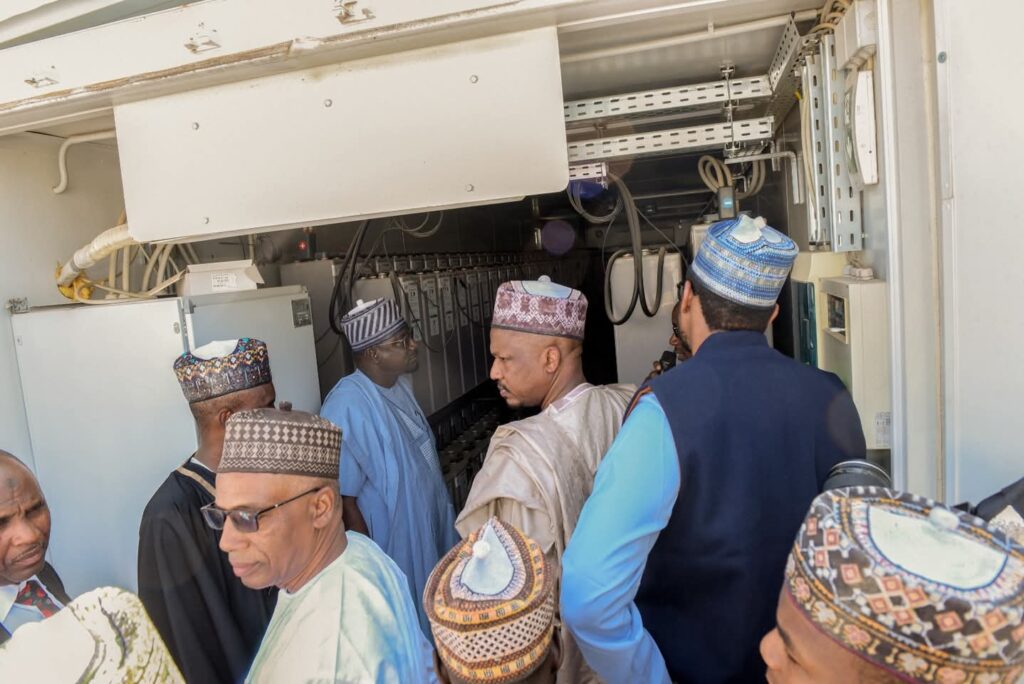The long-standing problem of unstable electricity supply at Bayero University, Kano (BUK) is expected to end soon as the Rural Electrification Agency (REA) has officially commissioned a major national project to revive the institution’s Solar Power Plant and expand its capacity from 3.5 megawatts to 6 megawatts.
While launching the project,the Managing Director of the REA, Dr. Abba Aliyu Abubakar, explained that President Bola Ahmed Tinubu approved ₦100 billion in the 2025 national budget for the National Public Centre of Solarization Initiative, aimed to deliver clean, reliable electricity and reduce fuel dependence and operational costs in Nigeria’s leading public institutions.
He pointed out that, BUK is among the 26 universities selected to benefit from the transformative intervention that will change the entire storage system, installing new LED Iron batteries, upgrading inverters, improving the distribution network, segregating critical and non-critical areas.
The Managing Director an alumnus of the institution commended President Tinubu and praised BUK’s rising reputation as Nigeria’s top university in international visibility. He expressed optimism that the upgraded solar plant would further position the institution among globally ranked universities.
The Vice-Chancellor of BUK, Professor Haruna Musa, described the project as a historic milestone for the institution. Speaking on behalf of the University’s Governing Council, Senate, management, staff, and students, he expressed deep appreciation to President Tinubu and the REA leadership.
Professor Musa noted that reliable power supply is critical to achieving globally competitive standards in Nigerian universities. “Our dreams of making Nigerian institutions top-class cannot be realized without stable electricity. We therefore appreciate the Federal Government’s commitment to this solarization project and to providing sustainable power for the University,”
With the commissioning of the upgrade, BUK is set to take a major step toward achieving energy stability, reducing its power costs, and strengthening its academic andresearchenvironment.





